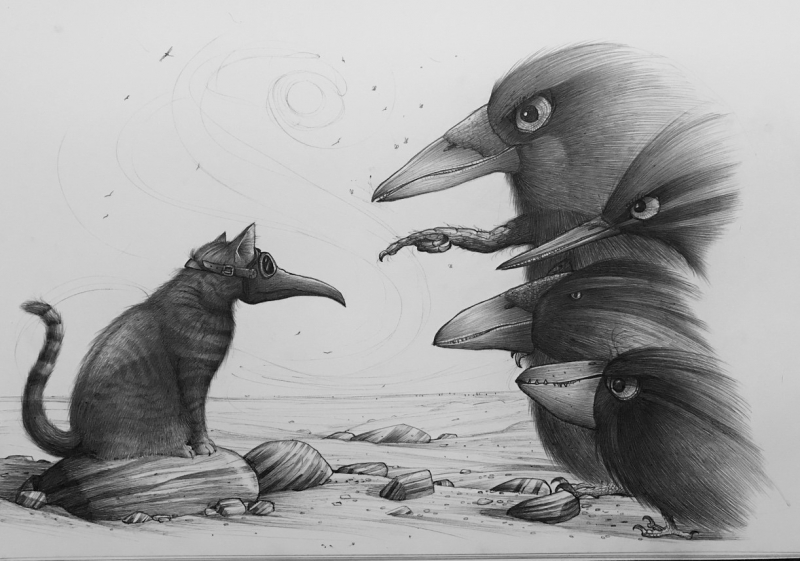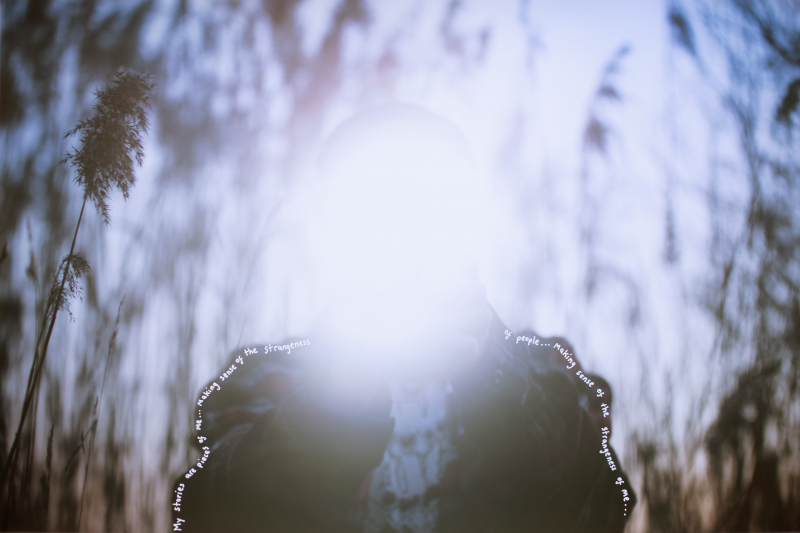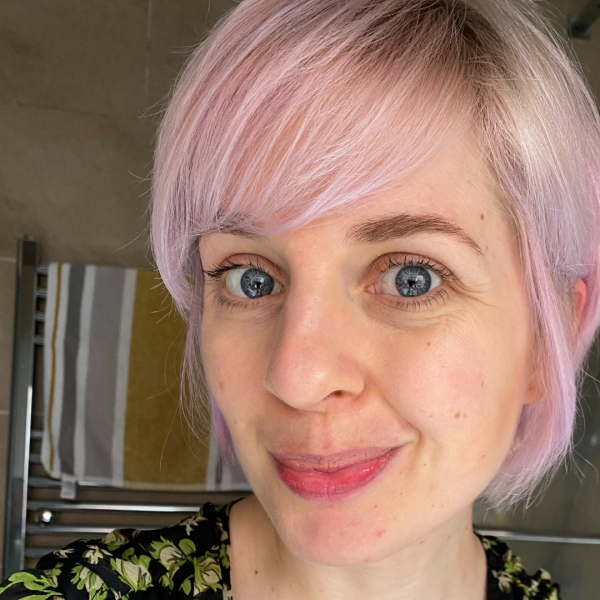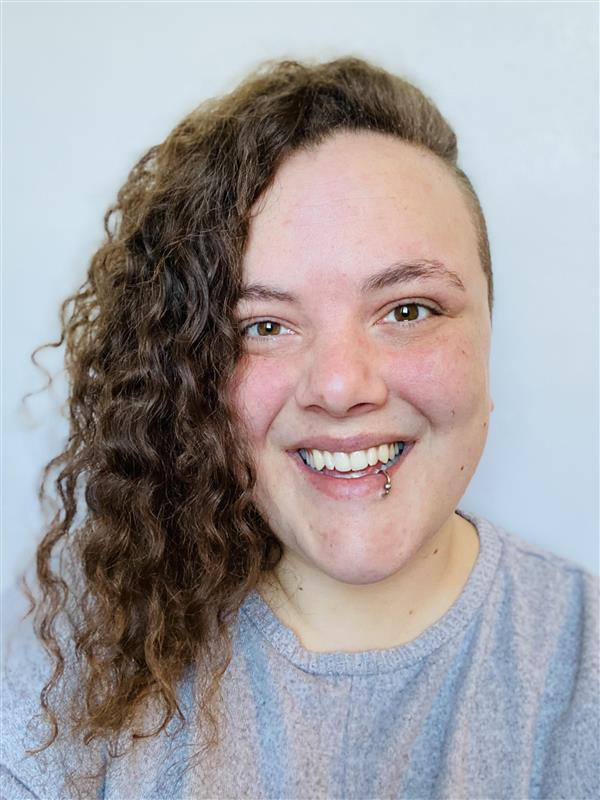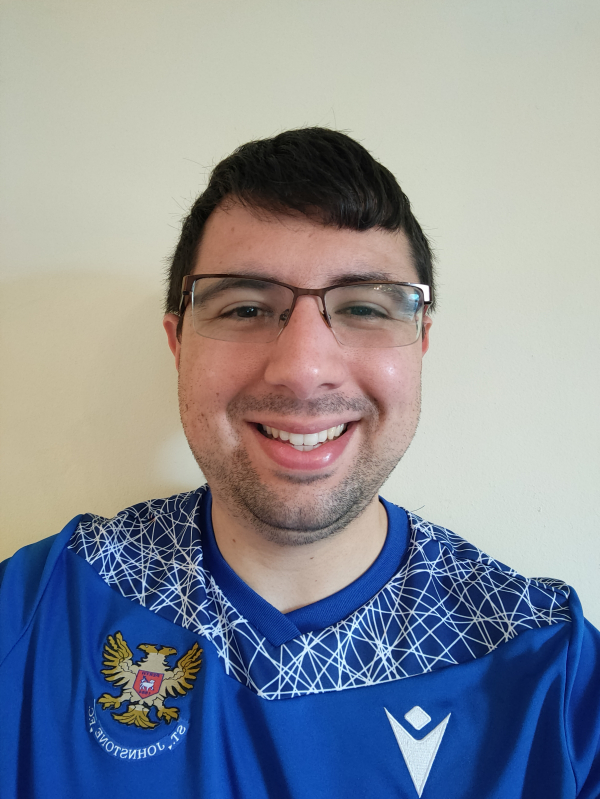Exploring autistic people’s relationships before and during the pandemic
Georgia Pavlopoulou, Jon Adams and Briony Campbell
The Imposter's Syndrome by Jon Adams
Autistic people face unique challenges and opportunities to socially connect to others, and to form relationships within their communities. Those who do enjoy these connections are happier, physically healthier and live longer, with fewer mental health problems than people who are less well connected. Focused on communities in East London, Flow Unlocked is a collaborative knowledge exchange project, which highlights the importance of relationships to autistic people’s mental health and quality of life.
Autistic relationships are rich, nuanced and creative and have proved to be a wonderful theme for a dynamic creative collaboration aiming to raise awareness of the social determinants of autistic mental health. The intense sensitivity with which autistic people relate to the world is rarely recognised, let alone celebrated. This is why our Flow Unlocked group has been reflecting on the breadth of personal and sensory relationships that have sustained them before and during the pandemic, as well as those they have missed. These reflections are revealed through poetry, photography, drawing and film.
Making Sense of the Strangeness - Briony Campbell
Who we are
We are a collaborative; Georgia Pavlopoulou, is a psychologist, autism researcher & neurodiversity advocate - founder of University College London’s Group for Research in Relationships in NeuroDiversity; Jon Adams is a neurodivergent artist, polymath, synaesthete and mental health champion; Briony Campbell is an artist, facilitator and project manager.
If we were allowed to define our professional environments by our mindsets rather than our jobs, we would tell you that ours are closely aligned. We share a belief in the importance of human relationships for good mental and physical health and we share a dream of a society which not only makes space for, but also offers equal opportunity to, it’s diverse range of participants.
The Project Objectives
Our objectives, as co-established with our autistic consultants group during a four month period of collaborative work include:
• To support autistic East Londoners to co-create artistic reflections of their relationships under lockdown. (Relationships with people, places, animals, sensory stimulus).
• To explore the relationships between autistic people and their neurotypical allies, by looking at those within our project.
• To address the questions of authenticity and representation pertinent to creative collaboration with participants from marginalised groups.
• To share our processes, insights and outcomes in order to expand the conversations beyond our Flow Unlocked group.
• To refine, evaluate and record our distinct ‘iterations’ methodology, so it can be used by other participatory practitioners, particularly those working with marginalised groups.
Flow Unlocked: The story behind the name
Briony brought up the idea of Regents Canal and Lee River as a geographical focal point for the project. seeing it as a metaphorical flowing artery of her ever-changing neighbourhood, which both connects and divides us. Georgia found an inspiring connection to the positive psychological theory of ‘flow state’. The theory of flow state is popular among autistic thinkers as it resonates with the ability of autistic people to have extended focus, and to hyper-focus on areas of interest. This optimal experience can help autistic people to maintain a positive view of self and the world.
We are interested in how the flow of autistic people’s relationships is interrupted or enhanced during lockdown, due to new rules and changes of routines. This idea of flow versus lockdown is echoed in the geography of East London’s waterways, with their weirs and locks designed to control flow, travel and ultimately connection. The canals also provide a plethora of visual stimulations with their inherent combination of natural and constructed elements.
In developing this idea the project ran a series of creative workshops with autistic people to stimulate discussions around autistic relationships, mental health, loneliness, connection, sound, space, pattern and flow. In response to our autistic consultant’s feedback we explored creative representations of their relationships with people, places and sensations. We went beyond the conventions of traditional psychological work which historically focusses on autistic brain differences, often missing the qualitative descriptors of relationships that contribute to wellbeing.
Collaboratively we devised a multi-disciplinary creative framework following an experience-sensitive approach to consider autistic adults’ sense of place, authenticity, agency, personal journeys and meaning-making. This experience-sensitive approach offered participants a unique and respectful experience. Finally, we have started to create art which will raise awareness of the autistic experience. Too often in academia there is a power imbalance within collaborations - a researcher decides a topic, conducts research about autistic people rather than with them, or artists are instructed to respond to researcher’s pre-existing ideas). In contrast, the conversations that have led up to this exhibition have been dynamic, mutually inspirational and authentically collaborative.
We hope that our poetry, visual art and films can highlight in beautiful ways, issues around the government’s pandemic response, and the consequent opportunities and challenges faced by autistic people and their vital relationships within East London. Flow Unlocked has seen a dynamic re-formulation of roles for the sharing of power and knowledge. Redefining narratives around autism from the perspective of lived experience is vital to building an inclusive community.
To see the art work created within the project visit:
https://flowunlocked.co.uk/ and follow
#FlowUnlocked on Twitter
Flow Unlocked was funded by University College
London’s UCL Culture fund.

